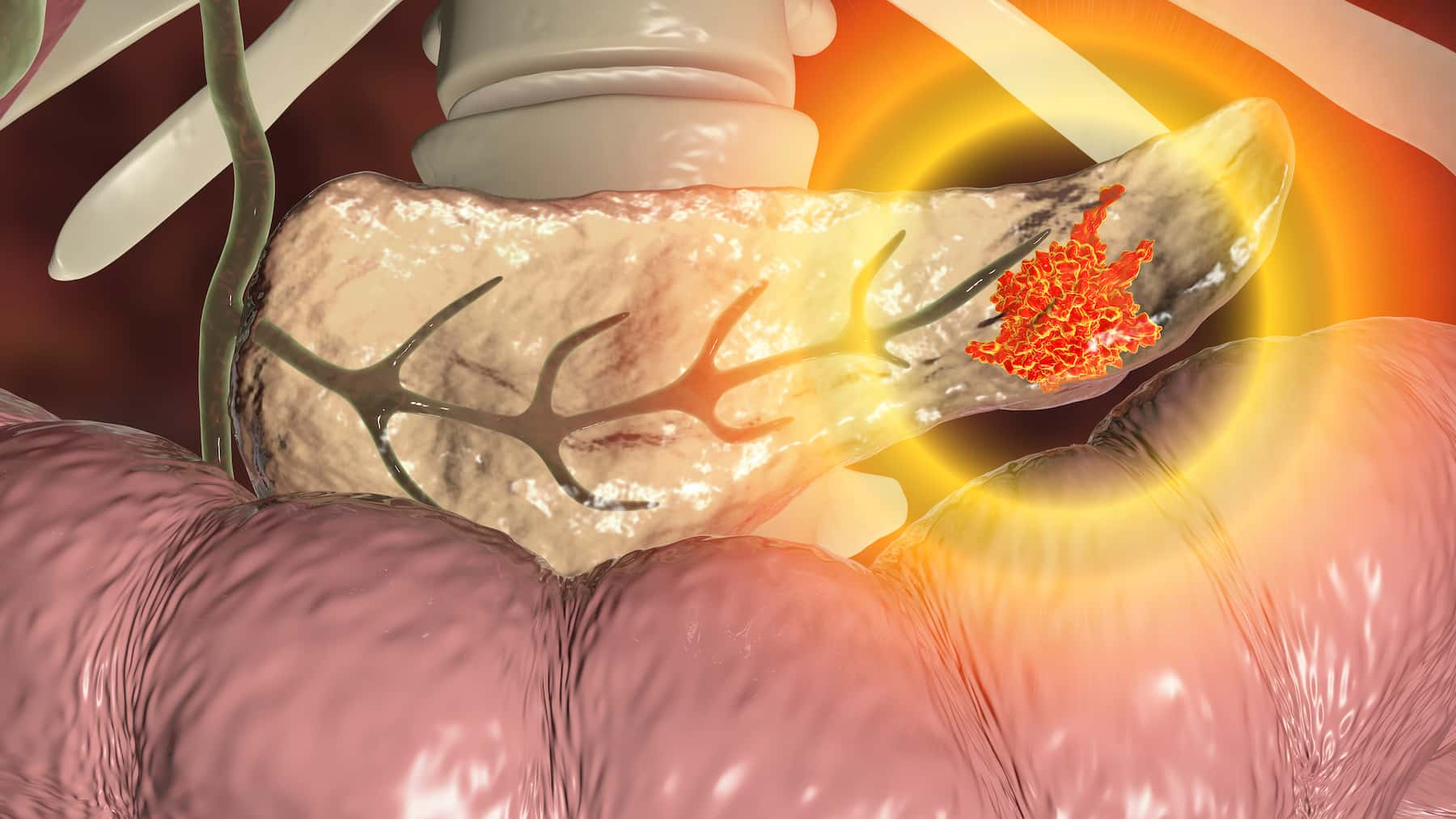
Pancreatic Cancer
Pancreatic cancer is a disease that affects the pancreas, an organ located in the abdomen that produces hormones and enzymes that help in digestion. It is one of the deadliest forms of cancer and is often difficult to detect until it has spread to other parts of the body.
Living with pancreatic cancer can be challenging for both patients and their families. In this article, we will explore what it is like to live with pancreatic cancer and offer some tips on how to cope with the disease.
Living with Pancreatic Cancer: The Diagnosis
The diagnosis of pancreatic cancer can be overwhelming and frightening. Patients may experience a range of emotions, including shock, anger, fear, and depression. It is important to remember that these feelings are normal and to seek support from family, friends, and healthcare professionals.
One of the challenges of pancreatic cancer is that it often does not cause symptoms until it has advanced to a late stage. Symptoms may include abdominal pain, jaundice, weight loss, and fatigue. If pancreatic cancer is suspected, a doctor may order a series of tests, such as blood tests, imaging scans, and a biopsy, to confirm the diagnosis.
Living with Pancreatic Cancer: Treatment Options
Pancreatic cancer is a serious condition that requires prompt treatment. The treatment options available for pancreatic cancer depend on several factors, such as the stage of cancer, the location of the tumor, the patient’s overall health, and personal preferences. Some of the most common treatment options for pancreatic cancer are:
Surgery: Surgery is often the first-line treatment option for pancreatic cancer, particularly in its early stages. Depending on the location of the tumor, surgery may involve removing part or all of the pancreas, surrounding lymph nodes, and nearby organs.
Chemotherapy: Chemotherapy involves the use of drugs to kill cancer cells. Chemotherapy is often used in combination with surgery or radiation therapy to improve the chances of success. It can also be used to help control symptoms and prolong survival in advanced-stage cancer.
Radiation therapy: Radiation therapy uses high-energy radiation to kill cancer cells. It may be used before or after surgery to help control the growth of cancer cells.
Immunotherapy: Immunotherapy is a type of cancer treatment that helps the immune system recognize and attack cancer cells. It is sometimes used in combination with other treatments.
Palliative care: Palliative care aims to improve the quality of life for people with advanced-stage cancer. It can help manage symptoms such as pain, nausea, and fatigue.
It’s important to note that every patient’s situation is unique, and treatment plans may vary. Patients should discuss their options with their doctor and consider their own values and goals when making treatment decisions.

Living with Pancreatic Cancer: Coping Strategies
Receiving a diagnosis of pancreatic cancer can be devastating news. It is important to remember that you are not alone and that there are resources and coping strategies available to help you navigate this difficult time. Here are some coping strategies that may be helpful:
Seek support: Joining a support group or talking to a counselor can be helpful for both patients and their families. Support groups provide an opportunity to connect with others who are going through a similar experience and offer a safe space to share emotions and experiences.
Join a support group: Consider joining a support group for people with pancreatic cancer. This can provide an opportunity to connect with others who are going through similar experiences, share information and resources, and offer emotional support.
Eat well: Eating a healthy diet can help patients maintain their strength and energy during treatment. It is important to work with a nutritionist or dietitian to develop a plan that meets the patient’s individual needs.
Stay active: Exercise can help patients cope with the physical and emotional effects of pancreatic cancer. Patients should talk to their doctor before starting an exercise program to ensure that it is safe for them.
Stay positive: It can be difficult to stay positive when faced with a cancer diagnosis, but maintaining a positive attitude can help you cope. Focus on the things in your life that bring you joy and try to find moments of happiness each day.
Educate yourself: Learn as much as you can about pancreatic cancer, its treatment options, and what to expect. This can help you feel more in control and better prepared to make informed decisions.
Seek professional counseling: If you are struggling with anxiety, depression, or other emotional challenges, consider seeking professional counseling. A therapist or counselor can provide support, guidance, and coping strategies to help you manage your emotions and improve your quality of life.
Remember, coping with pancreatic cancer is a journey, and it’s important to take things one day at a time. With the right support and coping strategies, it is possible to live a meaningful and fulfilling life, even with cancer.
The Study of Pancreatic Cancer
A recent study published in the Journal of Oncology Research and Treatment examined the impact of various coping strategies on the quality of life of pancreatic cancer patients. The study found that patients who actively sought support from support groups and engaged in regular exercise reported higher levels of emotional well-being and improved quality of life. These findings highlight the importance of seeking emotional support and maintaining physical activity as part of coping with pancreatic cancer.
Living with Pancreatic Cancer: Managing Symptoms
One of the biggest challenges of living with pancreatic cancer is managing the symptoms that come with the disease. Here are some common symptoms and strategies for managing them:
Pain: Pancreatic cancer can cause abdominal pain that can be difficult to manage. Pain medications, such as opioids or nonsteroidal anti-inflammatory drugs (NSAIDs), may be prescribed to help manage pain. Patients may also find relief from complementary therapies, such as acupuncture or massage therapy.
Nausea and vomiting: Chemotherapy and radiation therapy can cause nausea and vomiting. Anti-nausea medications may be prescribed to help manage these symptoms. Patients may also find relief from eating small, frequent meals or drinking clear fluids.
Fatigue: Pancreatic cancer can cause fatigue that can make it difficult to perform daily tasks. Patients should try to get plenty of rest and conserve their energy for important activities. Exercise may also help manage fatigue by increasing energy levels.
Jaundice: Jaundice is a condition that causes the yellowing of the skin and eyes. It is caused by a buildup of bilirubin in the body. Treatment for jaundice may include a procedure called endoscopic retrograde cholangiopancreatography (ERCP), which involves inserting a small tube into the digestive system to remove blockages.
Living with pancreatic cancer can be challenging, but there are strategies that patients and their families can use to cope with the disease. It is important to seek support from family, friends, and healthcare professionals and to take care of your physical and mental health. With the right support and care, it is possible to live a fulfilling life with pancreatic cancer.




